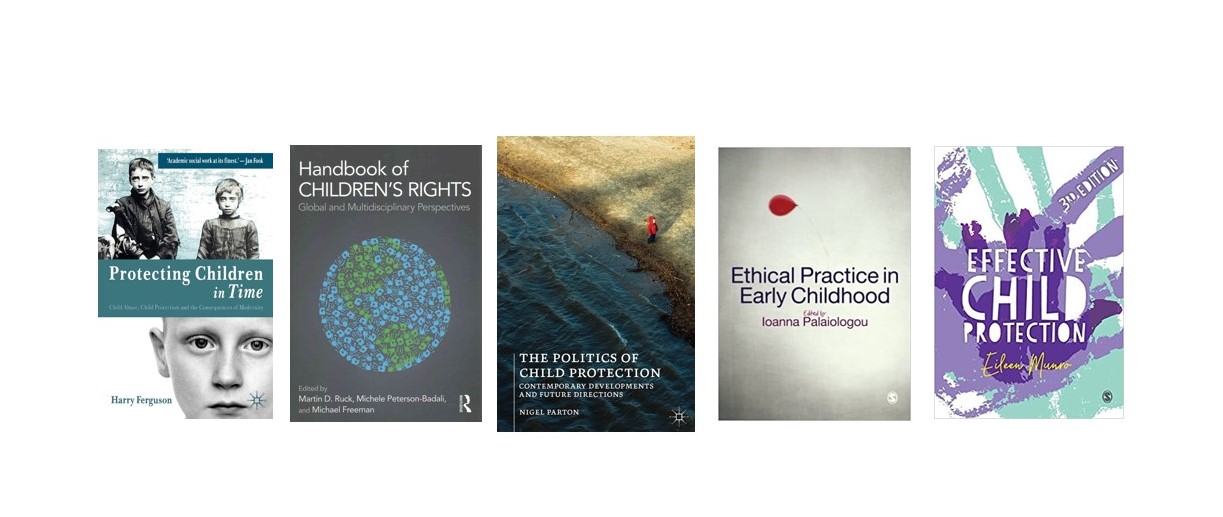
In addition, you will also be considering how a psychodynamic perspective sheds light on the emotional processes involved in dealing with children in everyday contexts as well as those who may be in care, in crisis and under duress. You will be asking questions about why the processes and procedures that organisations and agencies set up in order to safeguard and protect children sometimes appear to fail. Are the policies and regulatory guidance and procedures we use guaranteed to ensure children and staff are kept safe, and organisations are effectively run? What are the processed involved when regulated areas of our work falter or spiral beyond control and what can the individual professional do to support more effective practice in these circumstances?
Aims
• To inform students about the policy frameworks place around work with children and to facilitate responsible practice
• To focus students’ attention on areas of professional conduct and ethical considerations
• To explore and debate professional practice and responsibility utilising a psychodynamic understanding of the issues and dynamics involved
Learning Outcomes
• Students will be informed about the statutory and ethical frameworks which guide the education and care of children
• Students will have learned to give equal weight to ethical matters alongside practice-related and theoretical matters
• Students will have been familiarised with their wider responsibilities towards their organisation, their discipline, the children and themselves
• Students will develop further understanding of and the application of codes of professional conduct; ethical responsibilities and socio-political norms and mores
• Students will have learned to apply psychodynamic understanding to the wider context of work in early years and childcare settings.
- Module Supervisor: Ebenezer Cudjoe